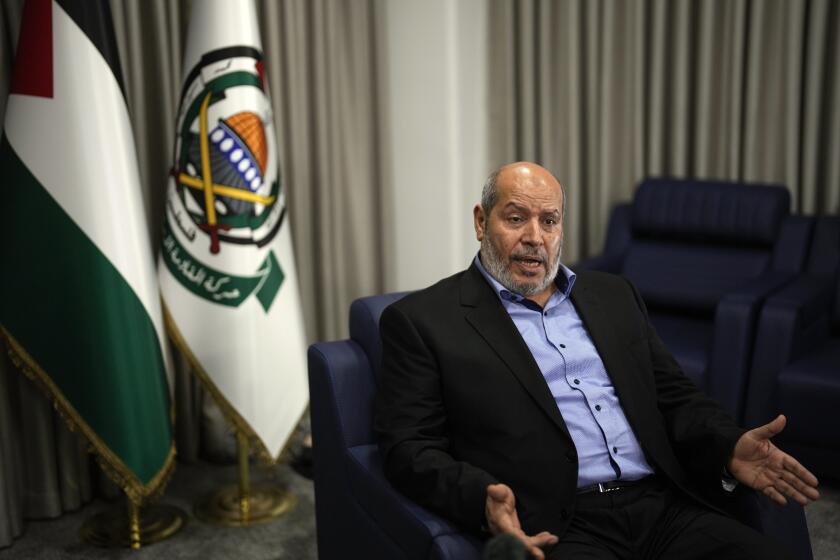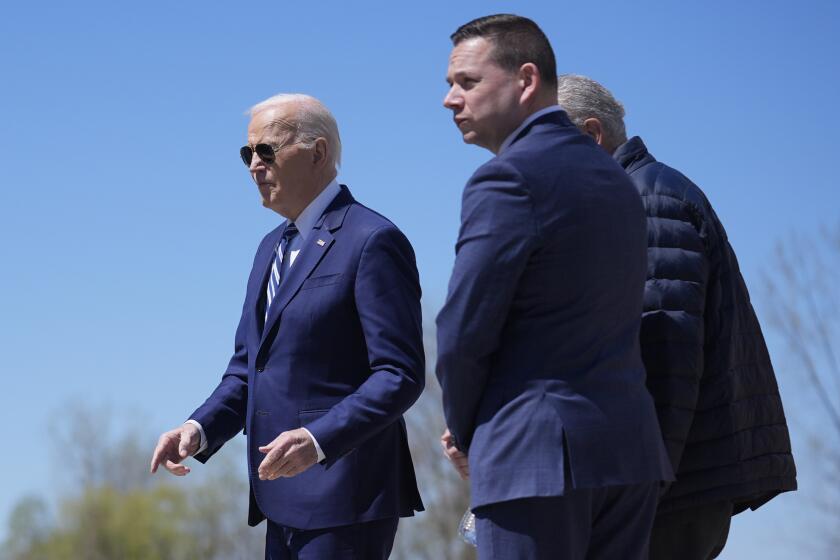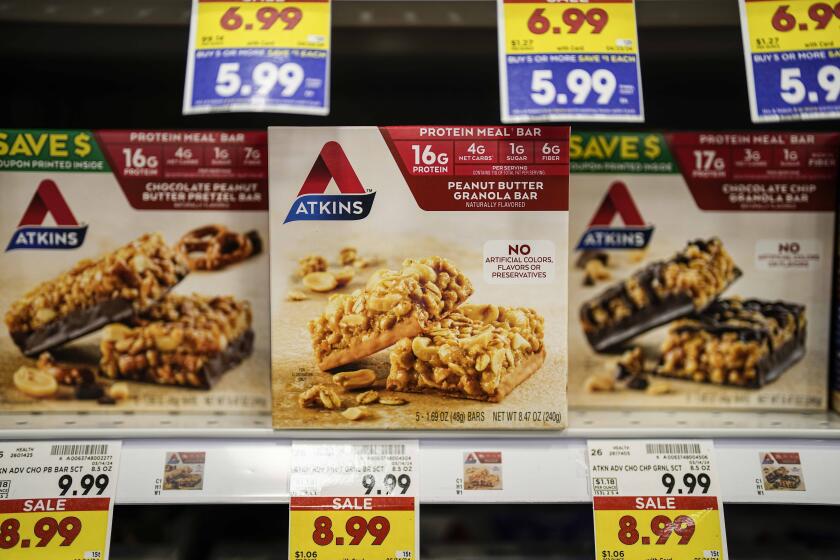Gov’t loses support in its poor bastions in Venezuela’s capital
On Jan. 23, hours after lawmaker Juan Guaido declared himself Venezuela’s interim president, the entrance to Petare, a poor neighborhood in Caracas, was engulfed by flames, a sign that residents are no longer backing the government.
Located on the east side of Caracas, Petare vies with other poor areas in the region for the dubious honor of being the largest shantytown in Latin America.
The district was one of the areas where the socialist movement launched by late President Hugo Chavez , popularly known as “Chavismo,” took root quickly.
Venezuela’s economic and political crisis, however, is starting to resonate among Petare’s nearly 800,000 residents, rocking the leftist movement started by Chavez and continued by his successor, Nicolas Maduro , who is struggling to remain in power amid massive street protests and the rupture of relations with numerous countries.
“I think it’s about the issue of the economy ... we don’t have enough money to even buy food. If we buy a shirt, we don’t eat for two months, we have to try to make do, leave one hole to fill another,” Ivan Urbina, who lives in the poor 5 de Julio district, told EFE on Saturday.
Urbina, wearing a Venezuelan national soccer team jersey and a black mourning cap with the stars of the nation’s flag, admitted that he participated in the anti-government demonstrations organized by the opposition in 2017 despite the danger of being killed in the clashes with security forces.
Urbina said he would not be surprised if the current situation sparked more protests in 5 de Julio, sending people into the streets.
“The people are itching (to take to the streets to protest) and be rid of this government, and they don’t care if they get killed,” Urbina said. “They’re already starving us to death and so what’s the sense of staying in our houses and dying slowly?”
The bridge that links 5 de Julio to La Urbina, a residential area whose poverty is in sharp contrast to the verdant surrounding hills, is still cleaning up in the wake of the clashes that rocked Petare on the night of Jan. 23-Jan. 24.
A total of 26 people, according to the non-governmental Venezuelan Social Conflict Observatory, died in this South American country in the protests that occurred that night.
Residents, for their part, say they had to endure the situation after the protests, when riot police combed the streets, firing tear gas canisters into people’s houses.
Jeannete Tovar, a resident, showed EFE a tear gas canister that landed in her house.
Tovar said it was clear to why her neighbors were joining the opposition and protesting against the Maduro administration.
“We don’t have any food and the work we have isn’t sufficient to buy food,” Tovar, cradling one of her baby grandchildren in her arms, said.
The government is mistaken in thinking that “a bonus” or “a box” of food is enough to survive on, Tovar said.
“We can’t be like this for the rest of our lives. We want a salary that we can live on and to move forward. To go to the market and buy the things you need,” Tovar said. “All the ones plugged into this government are going to lose their easy lives, they’re going to have to work like the rest of us.”
Tovar said she was happy to hear that Guaido had taken over as Venezuela’s interim president because the move created “the expectation that at last” the people will be rid of “this government that is starving us to death.”
Tovar said she hoped there would be “elections for everything - governors, mayors and everything else - so Venezuela can move forward.”
A walk through the streets in this part of Caracas lets you feel the tension in the air, with residents closing their doors or watching strangers with a mixture of fear and curiosity.
In Caracas, one of the most dangerous cities in the world, Petare is a place that people fear to enter because criminals hide in the area’s winding streets, mixing with people who are out to earn an honest living.
Once the microphone is turned off, residents tell EFE that even the gangs have had enough of Maduro’s government and engaged in a clash recently with Bolivarian National Guard (GNB) troops at a station.
“Things were really tense here on the (Jan.) 23 and 24, there was a Guard unit and they hit them hard,” Cesar Rojas, a resident of the 12 de Febrero district, told EFE.
Rojas said there were fewer and fewer government supporters even in the areas that were heavily pro-Chavez.
By Gonzalo Dominguez Loeda



